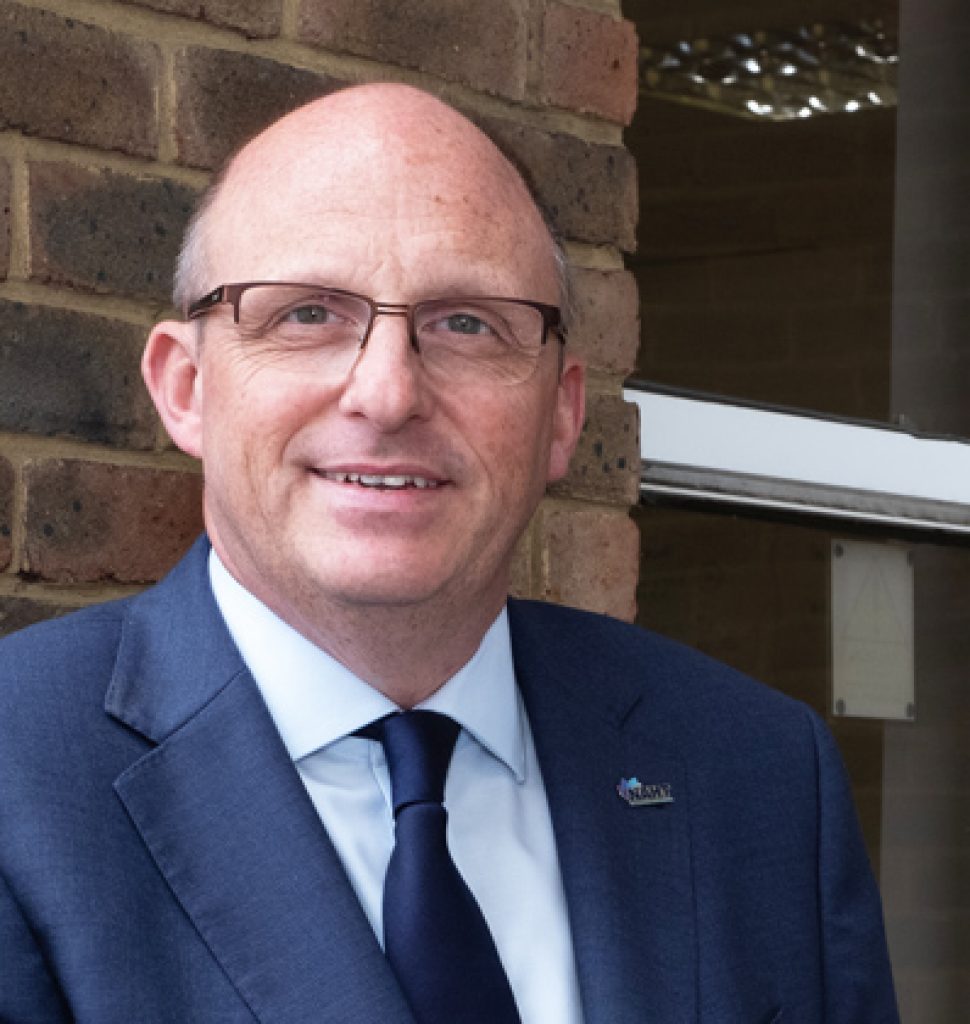Virtual school heads lack the powers to get children in care the education they need in the face of “pushback” from schools, MPs have been warned.
Patrick Ward, chair of the National Association of Virtual School Heads, told the education committee councils were “failing as a corporate parent” because they were often not using statutory powers to secure school places.
Virtual school heads have a duty to promote the educational achievement of children in care and manage their pupil premium funding.
Legally, schools have to prioritise looked-after children in admissions. Councils can resort to forcing schools to take them, but not all councils delegate the powers to virtual school heads.
In a survey of the professionals in March, seen by Schools Week, most said their councils had been forced to initiate the direction process. Around 30 per cent did so “once or twice a year”.
“When you try and place a young person in a mainstream school, a vulnerable young person, you get a lot of pushback,” Ward told MPs.
“Schools essentially do not want to take these young people because they believe there will be a negative impact then on their outcomes.”
Lack of data creates accountability issues
Ward also warned the government did not collect data on looked-after children missing in education, leading to a lack of accountability for councils and virtual school heads.
“No one holds a director of children’s services or a local authority to account, or a virtual school for that matter, over how many of their children are missing in education or in unregulated provision.
“The department doesn’t know. The stats aren’t held anywhere.”
Calvin Kipling, virtual school head in Darlington, said there was “often a hesitancy” from schools “around the impact that young person may have in their school”.
And Matthew Cooke, another virtual head, from Suffolk, said that “where there is a sense from the school that it’s going to be a challenge, they will put in as many barriers as they can”.

But Paul Whiteman, leader of the NAHT, said schools needed “sufficient support available to support each child’s needs. If children are placed in schools that can’t meet their needs effectively and support them fully to be able to learn, then that is not a good place for the child.”
Margaret Mulholland, from the ASCL leadership union, said children in care “can have complex needs and it is important that the school in which they are placed has the expertise and capacity to meet those needs”
A Department for Education spokesperson said they are “taking steps to build on the success” of virtual heads and “further raise educational standards”.
That includes a new £3 million pilot for better support in post-16 education. They added statutory guidance is “clear” on virtual heads duties, with councils “held to account” through Ofsted.








Your thoughts